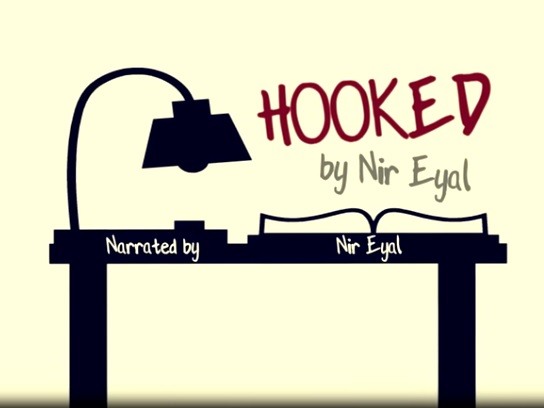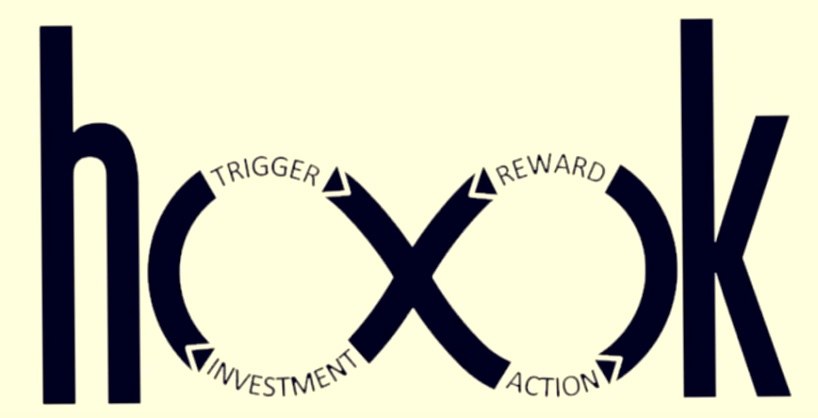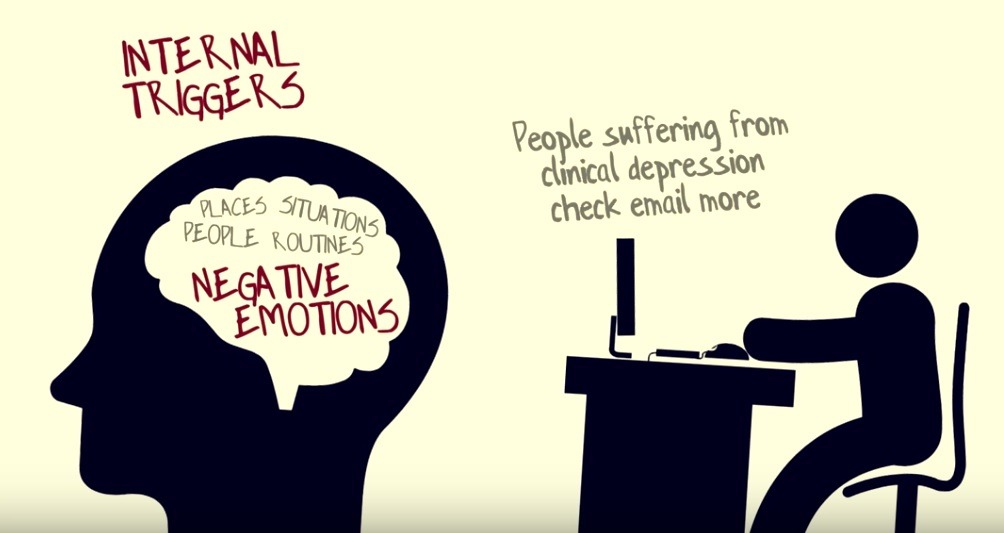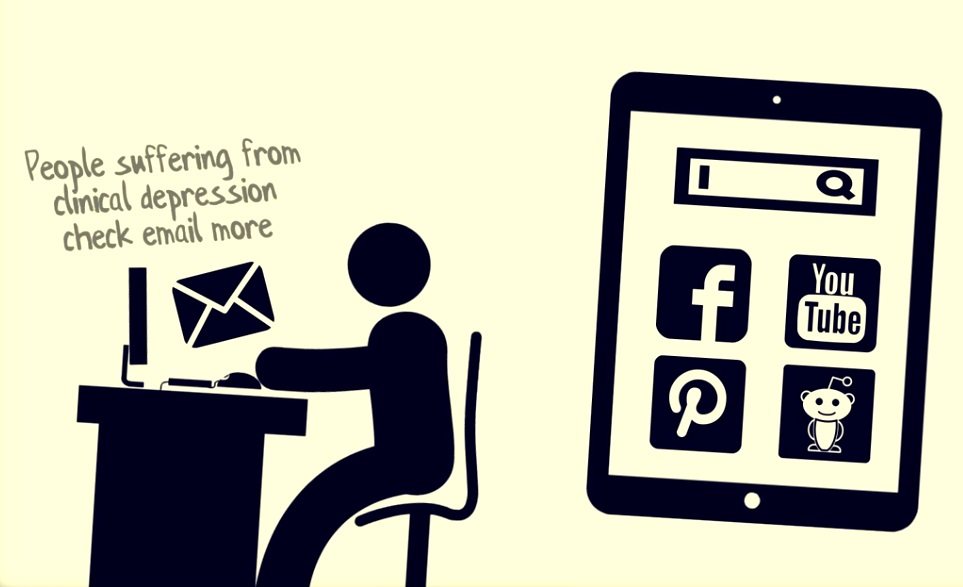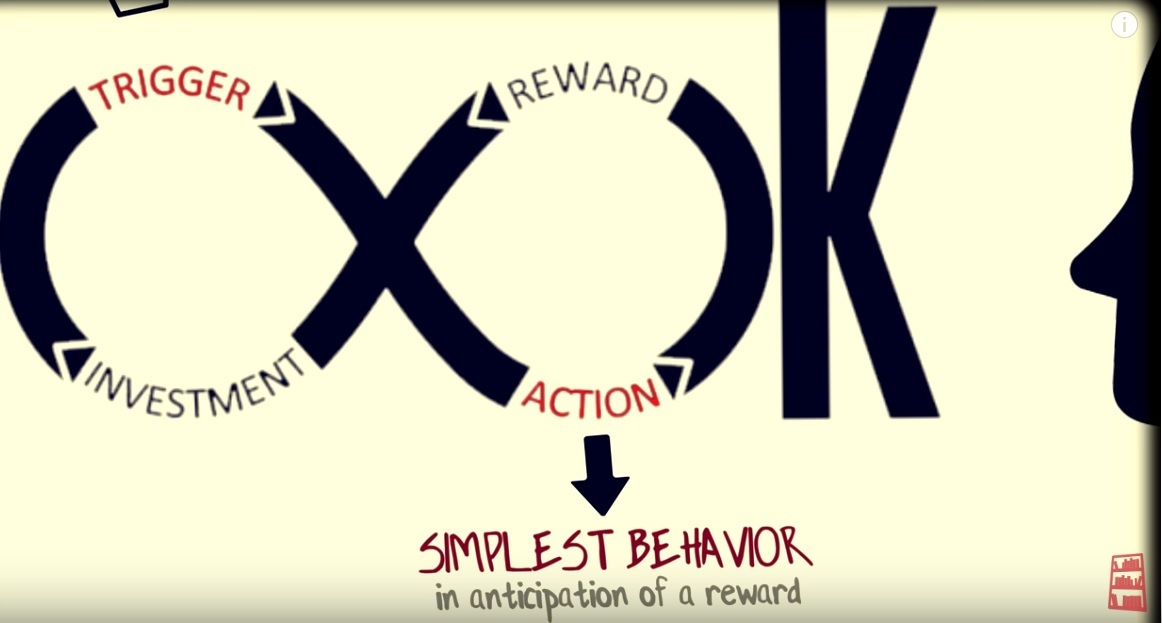Source Article: How Big Technology Companies Control the Minds of the Masses Through Smart Phone Addiction https://healthimpactnews.com/2018/how-big-technology-companies-control-the-minds-of-the-masses-through-smart-phone-addiction/
by John P. Thomas
Health Impact News
With the push of a button, tech companies can make a billion people have the same thought. The tool they use is the smartphone. The thought could be a bit of truth or it could be a lie.
Regardless of the content of the message, they have the power to capture our attention and to insert a thought in our minds, even if the thought only lingers there for a few seconds before we move on to something else. [1]
This kind of mind control is not accidental but is part of an intentional plan of technology companies to get us addicted to their technology, to steal our time, and to build profitability at our expense. [1]
Supercomputers have now beaten the best chess masters in the world, and it is these same supercomputers that are used by tech companies to manage smartphone addiction. The process involves collecting information about our interests and using psychological and behavioral methods to get us hooked on their technology.
Unless we understand the techniques being used to get us addicted and take steps to control how we use smartphones and tablets, these devices have a high potential for taking over our lives.
Do You have a Smartphone Addiction? A Quick Test

Research shows that it is common for many people to check their phones 150 times a day [2] and to touch the phone 2,617 times every day. The top 10% of users touch their phones more than 5,400 times daily. [3] These are signs of technology addiction.
How many times an hour do you check your phone?
Do you spend more time on social media or playing games than you do interacting with real people? [4]
Do you find that you can’t stop yourself from repeatedly checking texts, emails, or apps—even when it has negative consequences in your life? [4]
Have you tried to cut back on smartphone use, only to experience restlessness, anger, irritability, difficulty concentrating, sleep problems, and craving access to your smartphone? [4]
If you are concerned about how your smartphone is controlling your life or the life of your children, then keep on reading.
Silicon Valley Whistleblower? Former Google Exec Reveals how Big Tech Wants to Control You
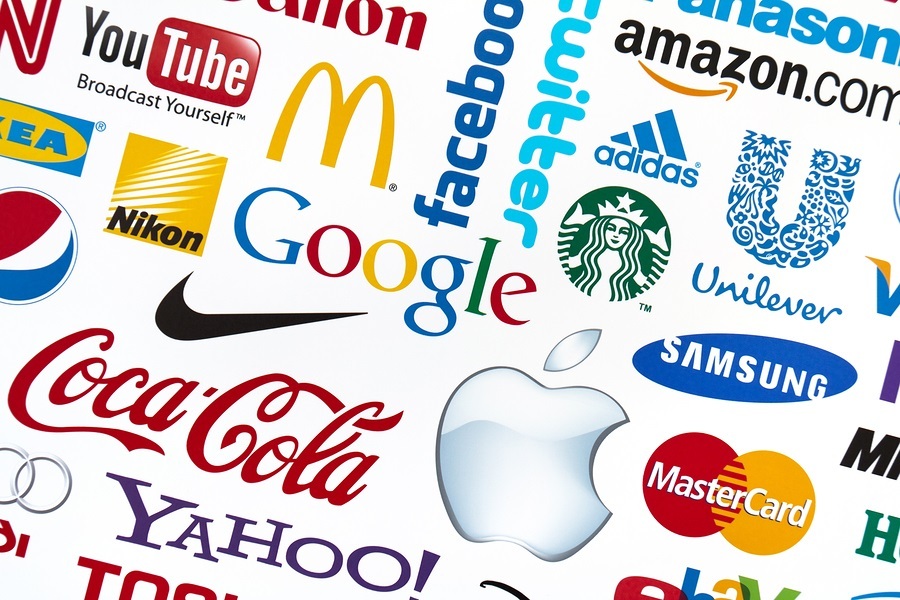
The problem is not the smartphone itself, but how technology companies and technology designers are using this technology to capture our time and attention.
Tristan Harris, a former executive at Google, and the co-founder & executive director of the Center for Humane Technology, describes the bigger picture of how smartphones can take control over our time and our lives.
Tristan Harris stated:
I want to tell you why the future of technology is going in a very specific direction… That direction is guided by one goal which is that everyone who succeeds needs your attention.
If you are Facebook or YouTube or Snapchat you need people’s attention. You don’t just need a little bit, but because of the business model of advertising you need as much as possible, because more attention equals more money. [5]
The Atlantic Magazine called Tristan Harris the “closest thing Silicon Valley has to a conscience.”
He was the former Design Ethicist at Google. He left Google to create a public conversation about the ethical issues involved with technology. His work has been featured on 60 Minutes, TED, The Atlantic, PBS News Hour, and more. [6]
Tristan Harris gives us a picture of the mind control programs of tech companies and the serious ethical concerns that are involved. He states:
I want you to imagine walking into a room – a control room – with a hundred people hunched over at desks with little dials.
And that control room will shape the thought[s] and feelings of a billion people.
This might sound like science fiction, but this actually exists right now today.
I know, because I used to be in one of those control rooms. I was design ethicist at Google where I studied how you ethically steer people’s thoughts.
We don’t talk about how a handful of people working at a handful of technology companies – through their choices – will steer what a billion people are thinking today.
When you pull out your phone – and they designed how this works – and [you see] what is on the feed – it’s scheduling little blocks of time in our minds.
If you see a notification – it schedules you to have thoughts that maybe you didn’t intend to have. If you swipe over that notification – it schedules you into spending a little bit of time getting sucked into something that maybe you didn’t intend to get sucked into.
When we talk about technology we tend to talk about it as this blue-sky opportunity – it could go any direction.
I want to get serious with you for a moment and tell you why it is going in a very specific direction, because it is not evolving randomly.
There is a hidden goal driving the direction of all the technologies and that goal is the race for our attention. [1]
It’s All about Taking Our Time Away from Us
Tristan Harris explains that companies such as YouTube, Netflix, Facebook, and Snapchat don’t want a few minutes of our time every day – they want hours and hours – they each want our entire day if we will give it to them.
The more time they capture, the more money they earn from their advertisers.
For example, YouTube starts autoplaying the next video that it has selected for you as soon as you finish watching a video. YouTube hopes to grab your attention and keep it fixed on their site for the time it takes to play the next video.
Netflix will start autoplaying the next episode in a series to keep you watching.
Facebook will autoplay news feeds to hold your attention.
The Snapchat texting service provides snapstreaks to encourage people to have daily contact with each one of their friends even if they don’t have anything to say.
Listen to Tristan Harris’s complete presentation:
Technology Companies Call it “The Hook“
The hook is the four-step process that technology companies use to get our attention and create habits that unconsciously control our lives.
According to author and Habit Behavior Psychology Blogger Nir Eyal, a hook is an experience that is designed by technology companies for those who use their technology.
The hook is intended to establish a connection between the problems of users with the solution that has been designed by the company, with enough frequency to form a habit. [7]
A hook has four parts: the trigger, an action, a reward, and an investment. [7]
Nir Eyal, MBA, is the author of Hooked: How to Build Habit-Forming Products.
For most of his career, he worked in the video gaming and advertising industries where he “learned, applied (and at times rejected) the techniques used to motivate and manipulate users.”
He writes to help companies create behaviors that benefit their users, while educating people on how to build healthful habits in their own lives. He also has taught at the Stanford Graduate School of Business and Design. [8]
1. The Hook has Triggers
According to Nir Eyal, our negative emotions are internal triggers that open the door for technology companies to use the hook.
We are most vulnerable when we are bored, lonesome, lost, fearful, uncertain, or confused.
Our negative emotional state dictates the technology that we will use in response to our emotions with little or no conscious thought. [7]
2. The Hook has Actions
Painful internal triggers turn our attention toward specific actions.
Loneliness and depression may turn us to spend time on Facebook.
Uncertainty about certain facts can trigger us to turn to Google. Boredom can turn our attention to YouTube or various sports and news sites. [7]
3. The Hook has Rewards
Simply acting in response to negative emotion is not enough, because we need to get a reward for our action.
The rewards medicate or manage our unwanted negative emotions.
It is not just the content of smartphone apps that gives us a sense of pleasure, but it is also the changes in brain function, which they induce.
For example, getting a “like” on a post or photo on Facebook produces a reaction in the brain that helps a person temporarily feel better. [7]
4. The Hook has an Investment
The final step in the hook is called the investment. This is the building of an association or memory pattern within us, which recognizes the value of the technology or app, and causes us to go back to the app again and again whenever we experience triggers. [7]
Cravings
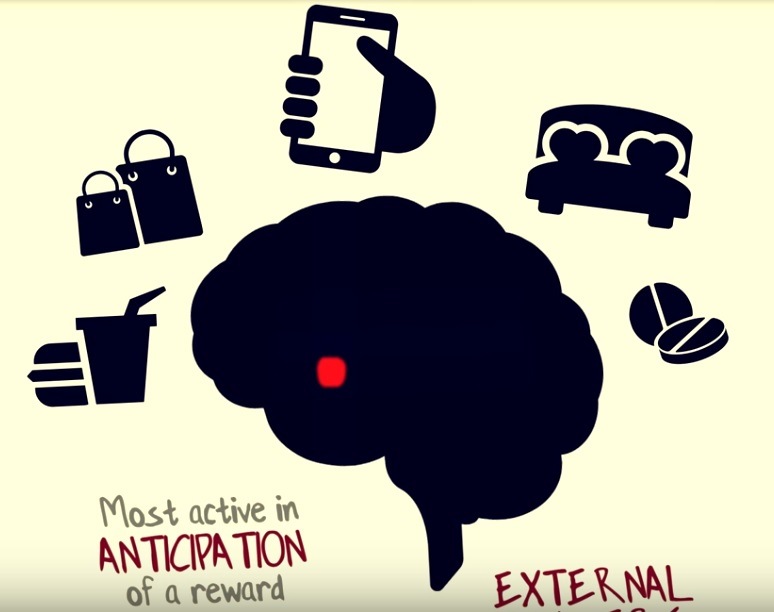
Nir Eyal tells us more about craving for rewards. He stated:
When we talk about rewards we need to talk about the brain, and in particular, we need to understand a region of the brain called the nucleus accumbens.
This special area of the brain becomes active when we crave something – luxury goods, sex, junk food, certain chemicals, and of course, right there in the center, technology.
What is most interesting about this center of the brain is that it becomes most active in anticipation of a reward. But when we actually get the thing we think we want, the thing that is going to make us happy, that’s when that part of the brain becomes less active.
So, the way the brain gets us to act is by creating this itch that we seek to scratch. As it turns out, there is also a way to supercharge that itch – to stimulate a craving. [7]
Nir Eyal goes on to explain how cravings can be created by using – the mystery of the unknown. He stated:
In all sorts of things that we find most engaging you will find an element of mystery – it is the unknown. … When you open the Facebook app, you never know what you are going to see. What photos might you find? What are the comments going to say? How many likes did something get? …
When you open the twitter app, perhaps the first thing isn’t very interesting, and maybe the second isn’t all that interesting, but how about the third or fourth.
To get more of this reward of the hunt what do you have to do?
All you have to do is to continue to scroll. This scrolling is the exact same thing in psychology as pulling on a slot machine – searching and searching and never done searching for the next reward of the hunt. [7]
Is the Use of the Hook on Uninformed Smartphone Users Ethical?
The techniques of the hook could be consciously applied by a person to build positive behavior patterns in his or her own life.
However, when someone else is applying the hook to change our behavior or our thinking without our knowledge, then this is called manipulation and mind control.
Nir Eyal warns about the practice of designing technology that manipulates user behavior to meet the needs of a technology company. He stated:
We need to be very careful of how we apply these techniques. We are building products [smartphones] that people take to bed with them every night – and the first thing they reach for in the morning before they even say hello to their loved ones.
For too long these techniques have been used for mindless frivolity, but there is so much more we can do.
As consumers and users ourselves, by understanding how we get hooked, we can break unwanted habits in our own lives. And as people who make these products I believe we can help people live happier healthier, more productive and more connected lives. [7]
Are You Concerned about Smartphone Addiction?
The following webpage provides detailed information about the signs of smartphone addiction. If you are concerned about whether your smartphone use is actually an addiction, then be sure to visit the following page and take the smartphone addiction test.
See:
Smartphone Addiction: Tips for Breaking Free of Compulsive Smartphone and Internet Use
Conclusion – Are Smart Phones the “Cigarette” of the Century?
Ian Bogost, the contributing editor at The Atlantic and the Ivan Allen College Distinguished Chair in Media Studies at the Georgia Institute of Technology coined the phrase “The Cigarette of the Century” when referring to smartphones. [9]
In his 2012 article, he questioned whether smartphone addiction will become just as unpopular as cigarette addiction. He speculated, there may be a day when checking your cellphone at dinner in public will be condemned just as much as lighting up a cigarette at the table is today.
We are just beginning to learn about the harmful effects of smartphones and tablets. Until the full extent of social dysfunction, emotional damage, and physical harm is recognized by our society, the use of these small screen devices will keep growing. They will continue to be passed around like candy with little concern for the risks of addiction.
About the Author
John P. Thomas is a health writer for Health Impact News. He holds a B.A. in Psychology from the University of Michigan, and a Master of Science in Public Health (M.S.P.H.) from the School of Public Health, Department of Health Administration, at the University of North Carolina at Chapel Hill.
References
[1] “How a Handful of Tech Companies Control Billions of Minds Every Day,” Tristan Harris, TED Talk, 2017.
[2] “The Surprising Reason Millennials Check Their Phones 150 Times a Day,” John Brandon, Inc.com, 2018.
[3] ”People Touch Cellphones 2,617 Times a Day,” Dscout Research, Business Insider, 7/13/2016.
[4] “Smartphone Addiction: Tips for Breaking Free of Compulsive Smartphone and Internet Use,” Helpguide.org, Retrieved 6/15/2018.
[5] “Time Well Spent: What’s Worth Our Attention?” (Tristan Harris, Design Ethicist), DLD Conference, New York, YouTube, Published on May 19, 2017.
[6] “The Problem,” Center for Humane Technology, Retrieved 6/7/2018.
[7] “Hooked: How to Build Habit-Forming Products,” Nir Eyal, Animated, Narrated By Nir Eyal, YouTube, 10/4/2015.
[8] “About Nir Eyal – Author and Habit Behavior Psychology Blogger,” Retrieved 6/7/2018.
[9] “The Cigarette of This Century,” Ian Bogost, The Atlantic, 6/6/2012.
Also see https://joyofandroid.com/mobile-gaming-addiction/ for more info about gaming addiction.


